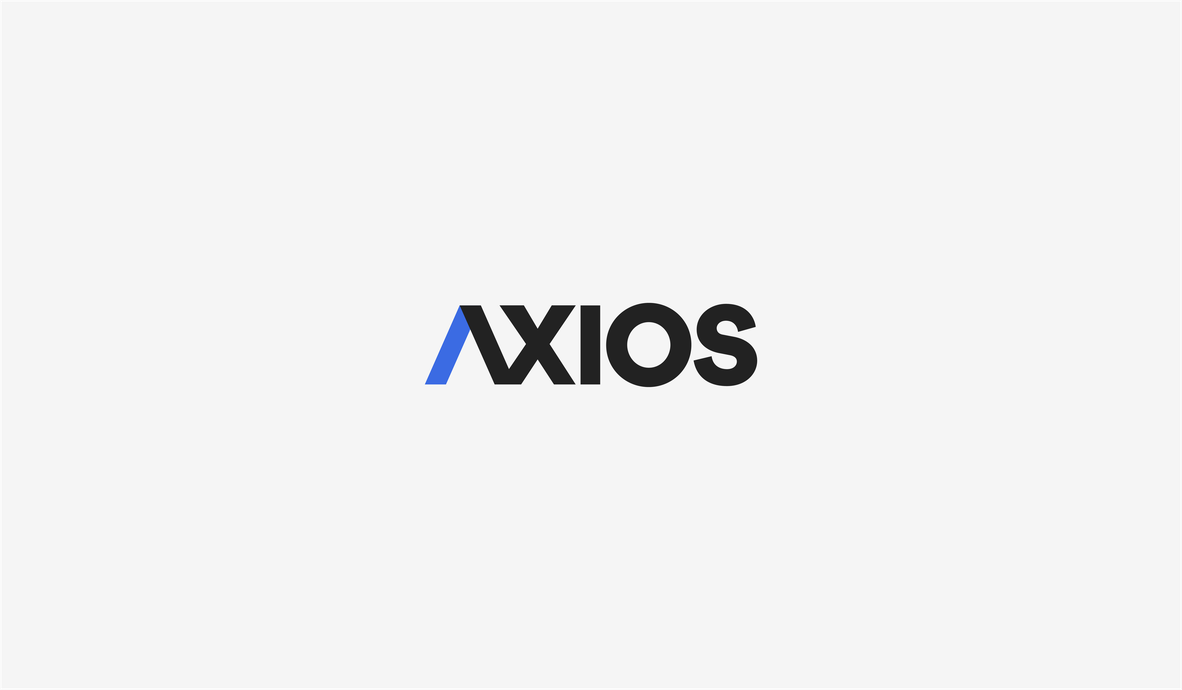
OpenAI, the leading artificial intelligence research laboratory, has begun rolling out its advanced voice feature for ChatGPT to a select group of users. The new voice mode was initially delayed due to safety concerns and improvements in the model's ability to detect and refuse certain content.
ChatGPT is an advanced AI language model that can generate human-like text responses based on user prompts. With the new advanced voice feature, users will be able to interact with ChatGPT using their voices instead of typing out prompts. This new mode was first demonstrated in May during OpenAI's GPT-4o launch event and received widespread attention due to its impressive capabilities.
OpenAI has been testing the voice model extensively with over 100 external red teamers, who collectively speak 45 different languages and represent various geographies. The company aims to ensure that the new feature is safe for use by millions of people while maintaining real-time responses.
The advanced voice mode will be available to all ChatGPT Plus subscribers in the fall. Initially, it will only offer four preset voices created in collaboration with voice actors. OpenAI has also added new filters to prevent the generation of music or other copyrighted audio without permission.
ChatGPT's advanced voice mode represents a significant step forward for virtual assistants, offering human-like responses nearly latency-free and in multiple languages. This could potentially challenge existing digital assistants like Siri and Google Assistant, which only provide canned answers to user queries.
OpenAI initially planned to roll out the advanced voice feature in June but delayed its release due to safety concerns and the need for further improvements. The company is committed to ensuring that ChatGPT's advanced voice mode meets its high safety and reliability bar before making it available to all users.
/2024/07/30/1722347339478.gif?w=1920)
/cdn.vox-cdn.com/uploads/chorus_asset/file/25552473/voice_alpha2.png)


